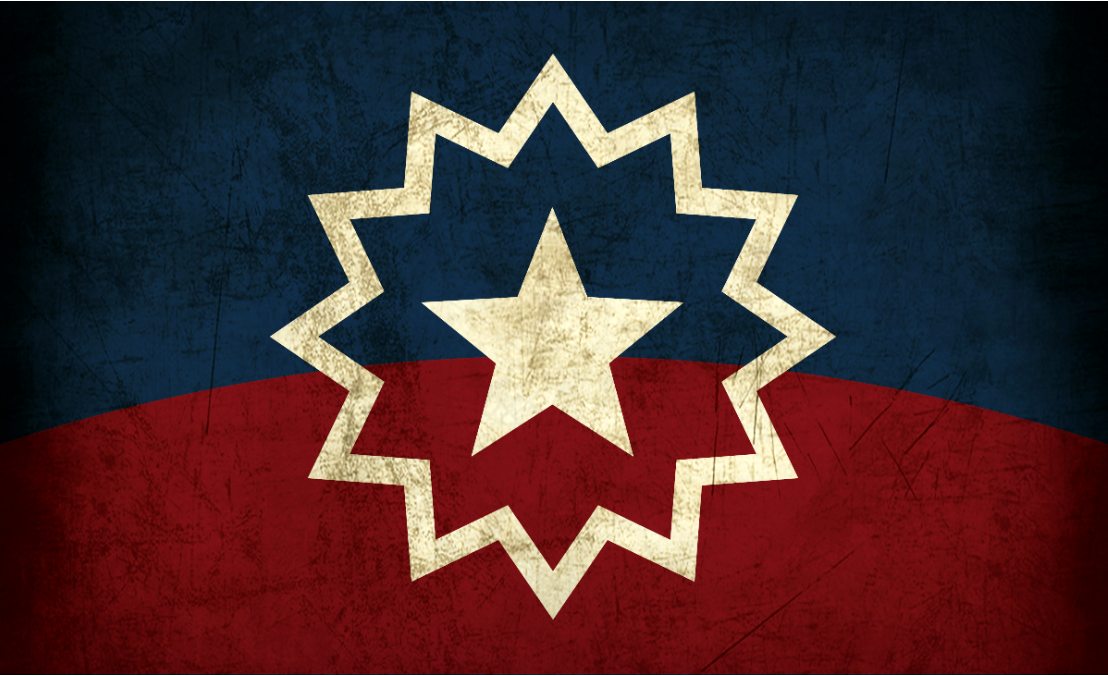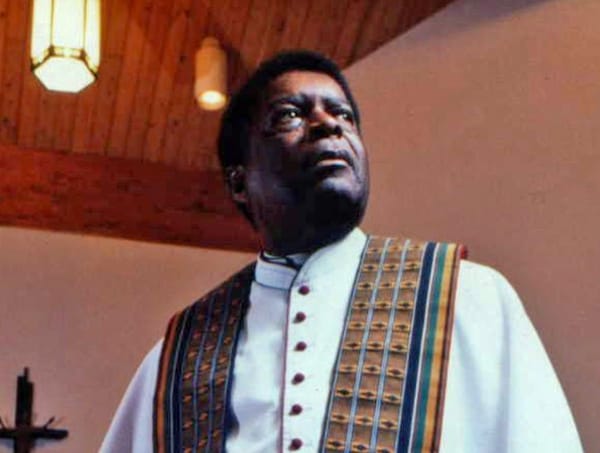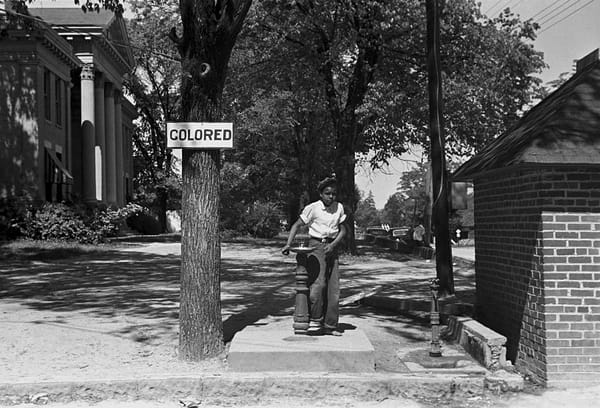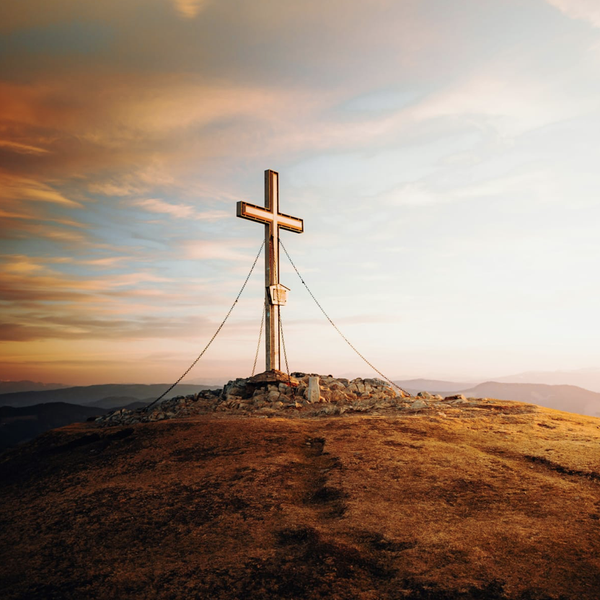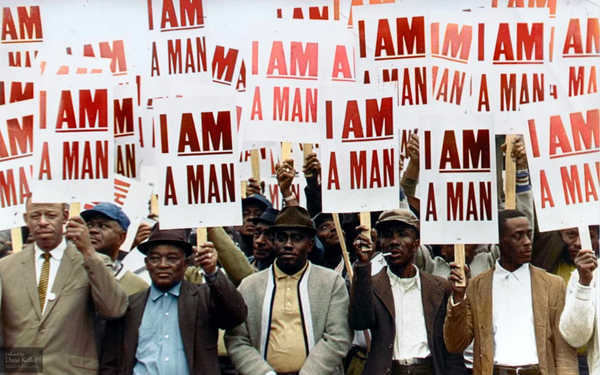Editor’s Letter
June 19, 1865. Two and a half years after Abraham Lincoln signed the Emancipation Proclamation into law, which in part read, “That on the 1st day of January, A.D. 1863, all persons held as slaves within any State or designated part of a State the people whereof shall then be in rebellion against the United States shall be then, thenceforward and forever free . . .” Major General Gordon Granger, with over two thousand federal troops descended upon Galveston, Texas, and delivered General Orders, No. 3, ensuring that 250,000 enslaved people in the lone star state were freed.
The people of Texas are informed that, in accordance with a Proclamation from the Executive of the United States, all slaves are free. This involves an absolute equality of personal rights and rights of property between former masters and slaves, and the connection heretofore existing between them becomes that between employer and hired labor . . .
Think about that for a moment.
Texas had been its own country for nine years before being granted statehood in 1845. For the first twenty years as a state, Texas became such a haven for enslavers, with the institution so entrenched, so embedded that Texans withheld information of Lincoln’s proclamation for over two years.
Now, you might hold poor communications responsible, and for that, you garner my harshest side eye and ridicule. The point is the situation was so bad that Major General Granger had to come with the Union Army and wrest the institution from the enslavers’ hands. Of course, we all know slavery didn’t end anywhere in America overnight.
Is this reason enough for a federal holiday?
How can striking down the last stronghold of slavery in America not be? Anything less merely supports white supremacy, slavery, and racial inequity meted against my family members and my people. It’s outrageous that Juneteenth’s validity is even debated in the twenty-first century.
To those who scoff at the fact that Juneteenth and Granger’s General Orders No. 3 uphold democracy and bring us a little bit closer to that idealized vision we hold of ourselves as a nation, I have one question: are you really all that committed to racism?
Love one another.
Clay Rivers
OHF Weekly Editor in Chief


